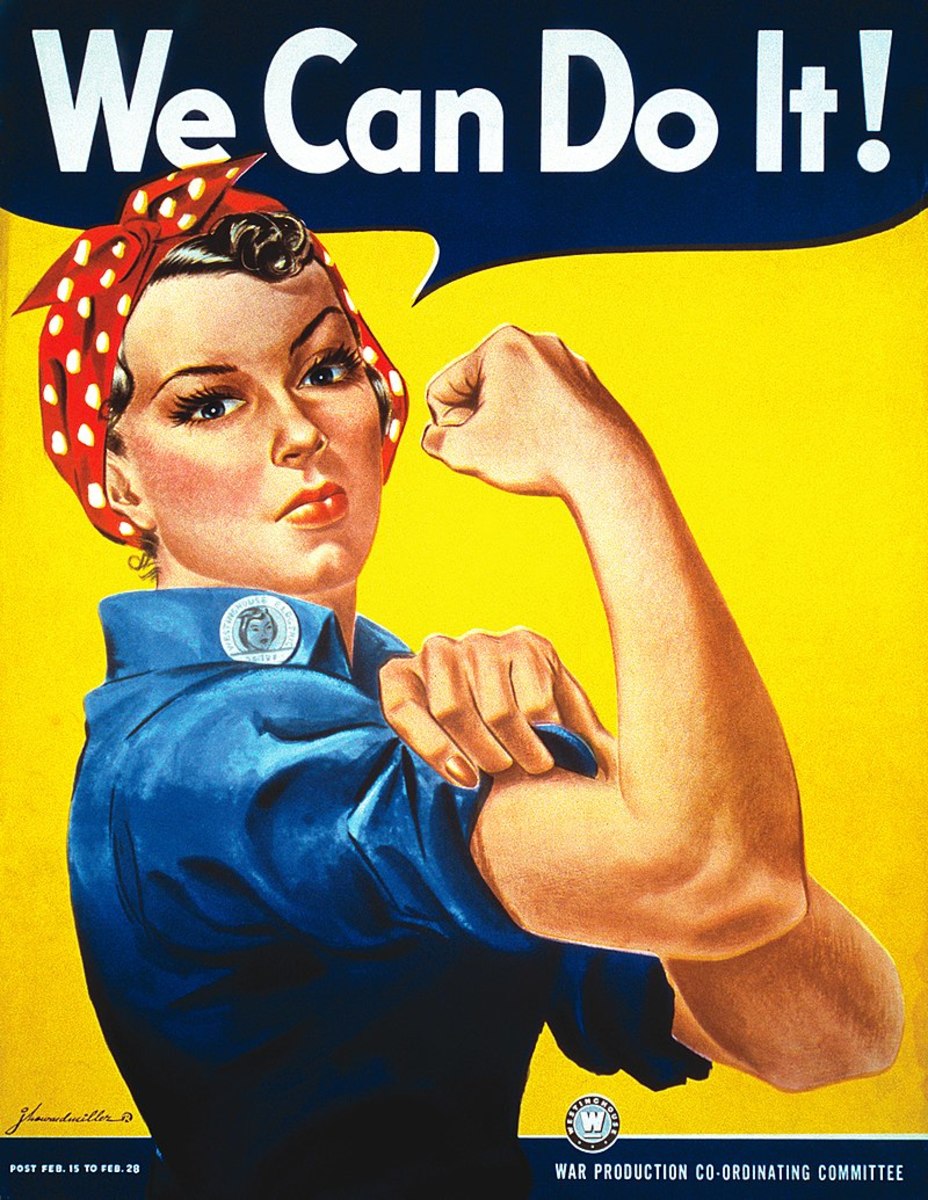Propaganda

The definition of propaganda is information, especially of a biased or misleading nature, used to promote or publicize a particular political cause or point of view. Propaganda has been around for almost one thousand years, however, only recently with the advent of technologies, it allows us to spread information to a mass group and influence a whole nation of people. While propaganda is most evident in times of war as in posters, it is constantly being used as a political and social means in even less obvious ways to influence peoples attitudes. This is currently happening with election commercials, where candidates are using propaganda techniques to elevate themselves above their competitor. Another place propaganda is being exploited is by the use of the media in its portrayal of countries that have nuclear technology.
Modern propaganda uses all the media available to spread its message, including: press, radio, television, film, computers, fax machines, posters, meetings, door-to-door canvassing, handbills, buttons, billboards, speeches, flags, street names, monuments, coins, stamps, books, plays, comic strips, poetry, music, sporting events, cultural events, company reports, libraries, awards and prizes.
There are many different types of propaganda including transfer, testimonial, glittering generalities, plain folks, bandwagon, name calling, and card stacking. Transfer propaganda is the act of relating something or someone we like or respect with a product. Symbols are always being used in this form. Testimonial propaganda is the use of well known, respected people to endorse a product or service. Glittering generalities is the act of referring to words or ideas that evoke a positive emotional response from an audience. Virtue words are most commonly used in this form. Plain folks is the use of everyday people to sell a product or service. Speakers in ads appear to make the person be one of the people. Bandwagon attempts to persuade the target audience to take a course of action. This technique reinforces peoples natural desire to be on the winning side. Name calling is the use of names that evoke fear or hatred in the viewer. This technique links a person or idea to a negative symbol. Lastly, card stacking is a strategy of showing the product's best features. Telling half-truths and emitting or lying about its potential problems.
Comments
Post a Comment